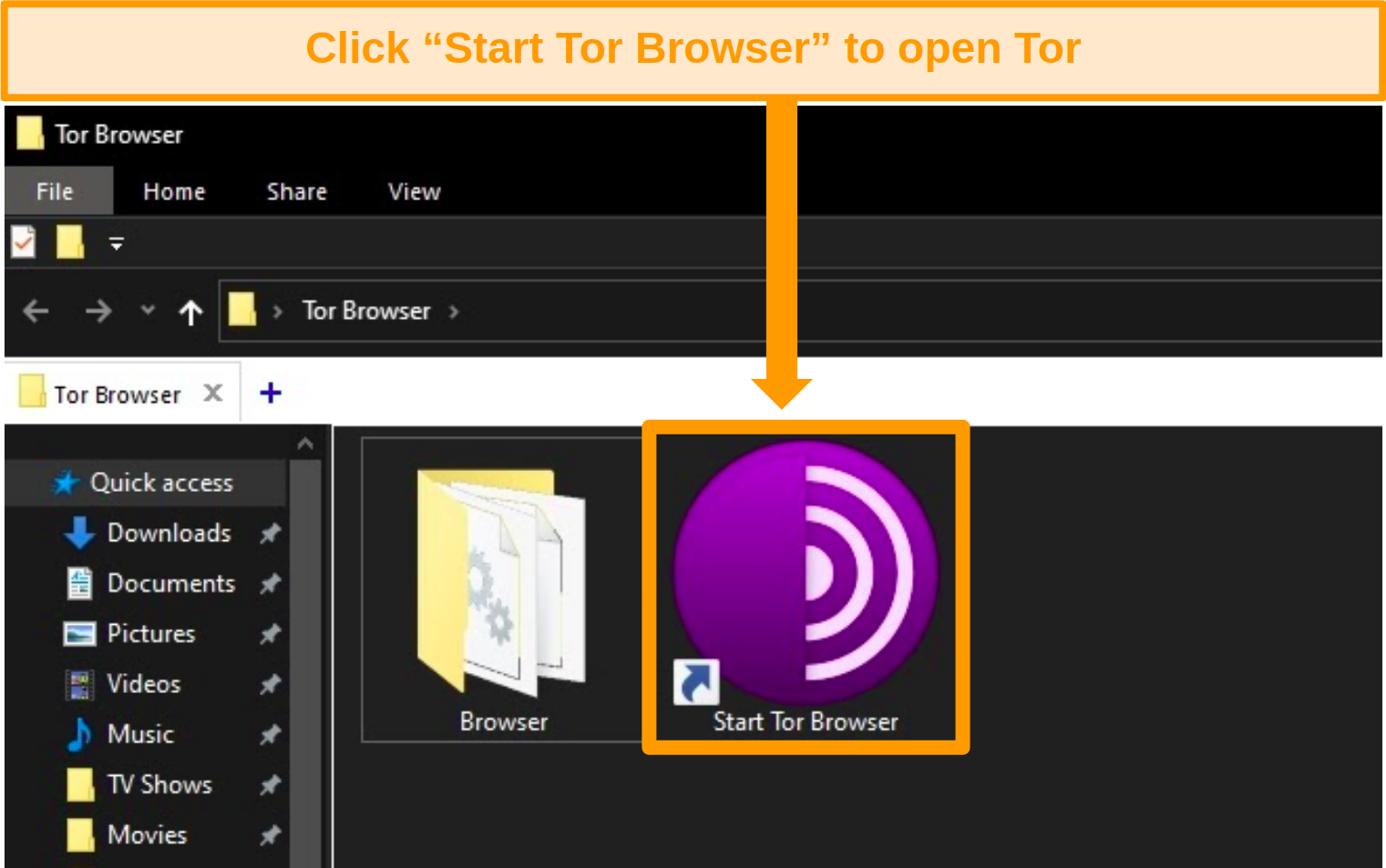

While you may be safe from keyboard spies, a whole load of other bad actors are waiting to steal your passwords. However, the pros don’t outweigh the cons. That way, if you accidentally download keylogging spyware, you won’t reveal your logins. It also stops keyloggers from spying on your passwords as you’re not using your keyboard to access your accounts. Using your browsers to manage passwords let you log in without typing in all credentials. By default, the advantages jump out first. Like everything, browser password managers have their pros and cons. It makes you more reliant on your browser, so you’re less likely to switch to a competitor. The big companies that own the browsers want you to save your login credentials to your account to increase your dependency on their service.

The Pros and Cons of Storing Your Passwords in Browsersīrowser password managers are a great idea, but their security doesn’t sweep me off my feet. I’ll show you how to easily sweep all saved login credentials from your default browser - and where you can safely keep your passwords in the future. Saving your passwords also puts them at risk of online data leaks should your browser servers become compromised. Anyone who accesses your device can easily check your credentials and steal them to access your sensitive accounts. Not only is it super convenient, but it also saved me a ton of time typing login credentials every time I wanted to check my social media or bank account.īut leaving your browser in charge of your passwords is far from safe.

So, it’s not surprising that over a third of internet users store login details in browsers. Coming up with secure passwords feels like a strenuous exercise, but remembering the long combinations to log in is even more difficult.


 0 kommentar(er)
0 kommentar(er)
